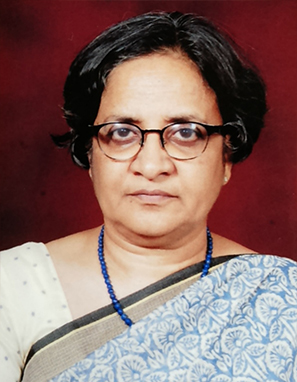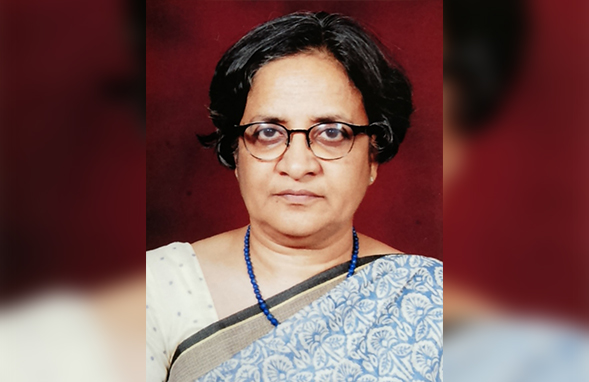
V.S. ELIZABETH OF THE NATIONAL LAW SCHOOL OF INDIA sheds some light on the legal provisions for sexual harassment, the misogynist mentality in India, and the obstacles women face in reporting cases of harassment.
- In India, sexual harassment and violence against women abounds. What are the specific legal remedies/laws available to women regarding cases of sexual harassment at the workplace or anywhere else?
The specific law/s are the 2013 Sexual Harassment at Workplace (Prevention, Protection and Redressal) Act. In addition there are specific provisions in the Indian Penal Code Sections 268, 294, 354, 35A, B, C, D, 375 & 509. Women who are subjected to sexual harassment can file a complaint or first information report, FIR in a police station. It is for the police to investigate the complaint. In case it was sexual harassment in the workplace, then they should file a complaint with the Internal Committee or if it happened in a workplace that is not an institution or organisation they can file a complaint with the Local Complaints Committee, under the 2013 Act.
- Have there been government initiatives that aim to protect women from sexual harassment at the workplace? How effective are they, according to you?
Sexual Harassment at Workplace (Prevention, Protection and Redressal) Act. 2013 is the government’s response to sexual harassment at the work place. It could be effective if first of all the Internal Committee is constituted in every workplace, secondly if the committee that is constituted under this Act consists of gender sensitive people and thirdly if they understand that they function only as a civil court and not a criminal court and therefore the proof that is needed is only a preponderance of evidence that this could have happened and not proof beyond reasonable doubt. The IC should begin by believing the woman and not think like the rest of the society that women lie about sexual harassment.
Unfortunately most committees are hastily put together, with little or no training or sensitisation programme for the members and they bring their prejudices and biases to the inquiry. Most often those prejudices and biases are against the complainant, as a woman.
- Do you think social media has made it easier to gain justice in such matters today, or has it further complicated matters?
Social media is not giving any justice, it cannot, it is not a court. Women are not resorting to the social media for justice. They turned to it as a mechanism to share. One of the early methods of feminists was consciousness raising, for the woman – to understand that it is not her fault, that it is the nature of the society she lives in, the socialisation of women and men in society that is responsible for her experience; for others to understand and acknowledge that such crimes are being committed against women, that they are widely prevalent, that they are not exceptions to the rule and therefore that these crimes have to be stopped, the criminals have to be called out and not go about society committing such crimes repeatedly with total impunity.
Therefore speaking out in the social media has not complicated any matter, it has empowered women to come out and speak about their experiences and thus get some relief from the burden that they have been carrying all by themselves for so long.









